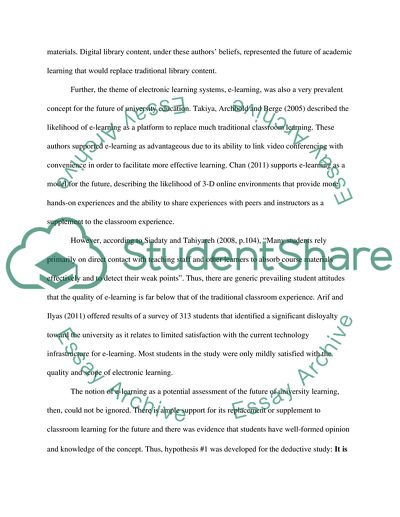Cite this document
(The Future of University Education Research Paper - 1, n.d.)
The Future of University Education Research Paper - 1. Retrieved from https://studentshare.org/education/1760432-what-do-uel-students-think-about-the-future-of-university-education-and-why
The Future of University Education Research Paper - 1. Retrieved from https://studentshare.org/education/1760432-what-do-uel-students-think-about-the-future-of-university-education-and-why
(The Future of University Education Research Paper - 1)
The Future of University Education Research Paper - 1. https://studentshare.org/education/1760432-what-do-uel-students-think-about-the-future-of-university-education-and-why.
The Future of University Education Research Paper - 1. https://studentshare.org/education/1760432-what-do-uel-students-think-about-the-future-of-university-education-and-why.
“The Future of University Education Research Paper - 1”, n.d. https://studentshare.org/education/1760432-what-do-uel-students-think-about-the-future-of-university-education-and-why.


